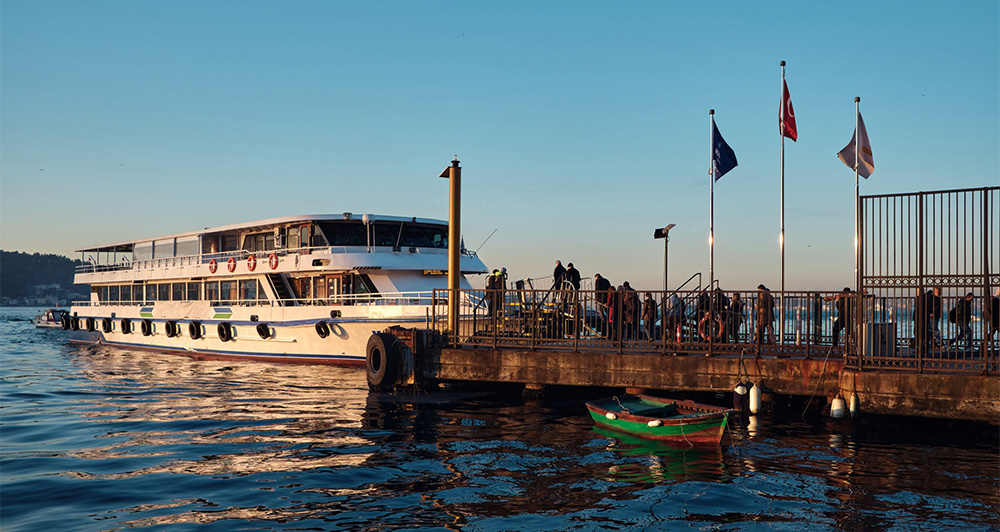
Long before I started bike-commuting, I had long been fascinated by mobility having visited multiple countries and experienced different transport systems. Plotting out my itinerary and getting to places—whether by bus, train, tram, ferry, or cable car—is what made traveling abroad fun.
However, in the Philippines, there wasn’t anything viable for my privileged self other than driving. Although I had liked automobiles since childhood, driving in Metro Manila was such a miserable experience that I avoided going out with my car unless necessary. There was no such thing as a leisurely drive for me, as traffic awaited the moment I got out of my house.
Spending 45 minutes to 1.5 hours just to get to/from school chipped away at my mental health, especially in my final years of college. It was draining when I had so much work and so little rest, but couldn’t get anything done due to being stuck in a sea of cars on Katipunan Avenue.
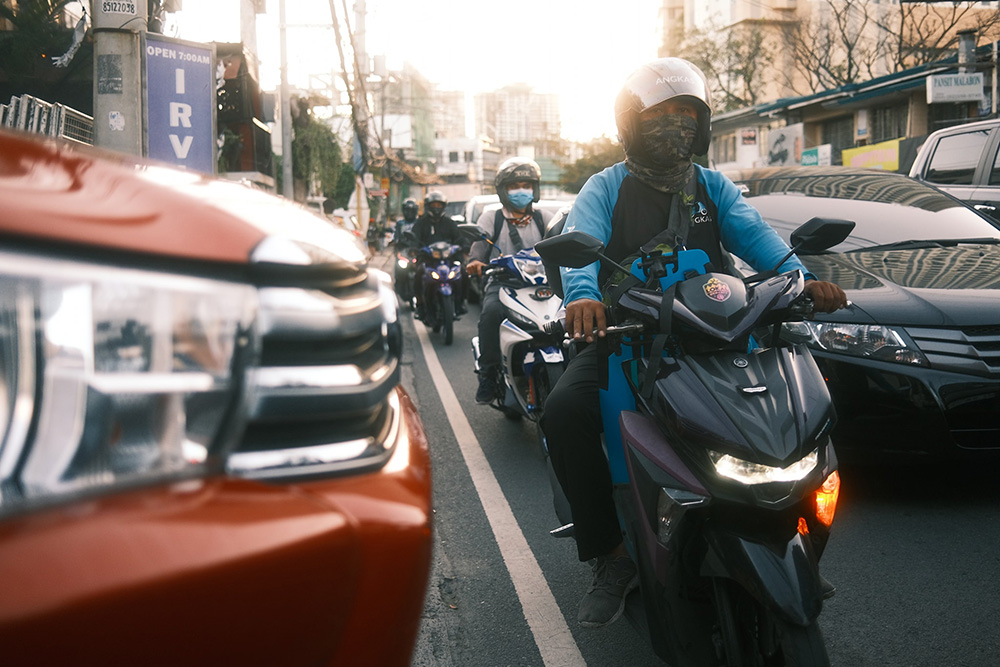
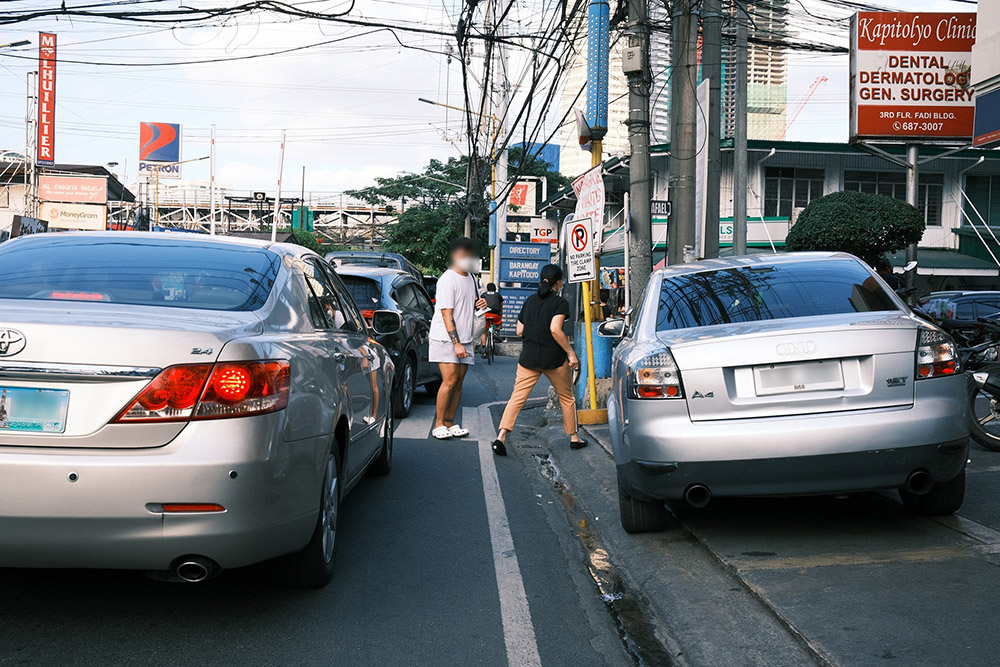
A few months before I started working at VISOR, I joined a group known as How’s Your Byahe, Bes? (or HYBB). This Facebook group was founded in 2018 to give commuters a voice, similar to what VISOR’s Facebook page does for motorists. It’s supposed to serve as a platform where people can share and intelligibly discuss their experiences and opinions on transport issues, as well as advocate for sustainable mobility.
It all started for me during the pandemic when I was frustrated over the lack of sidewalks in Barangay Kapitolyo. In a time when social distancing was the norm, all I wanted to do was to go out on a leisurely stroll and take photos. But that wasn’t possible when walking was unnecessarily dangerous and complicated. And HYBB was the only group I knew where I could talk about this.
Because of my travels, I personally felt the difference between the transport systems of developed and developing countries. “Why and how?”…I didn’t exactly understand. So, I stuck around with the group to widen my horizon. But another thing I observed was the hostility between HYBB and VISOR.
I had just started bike-commuting and I was now applying to work for a publication that seemed to be public enemy number one. If there’s anything I learned about social media, it’s not to take things at face value. So, I kept an open mind to see both sides of the story. Since then, I’ve grown much as a transport cyclist, a mobility advocate, and a motoring journalist, and saw that the problem isn’t black or white.
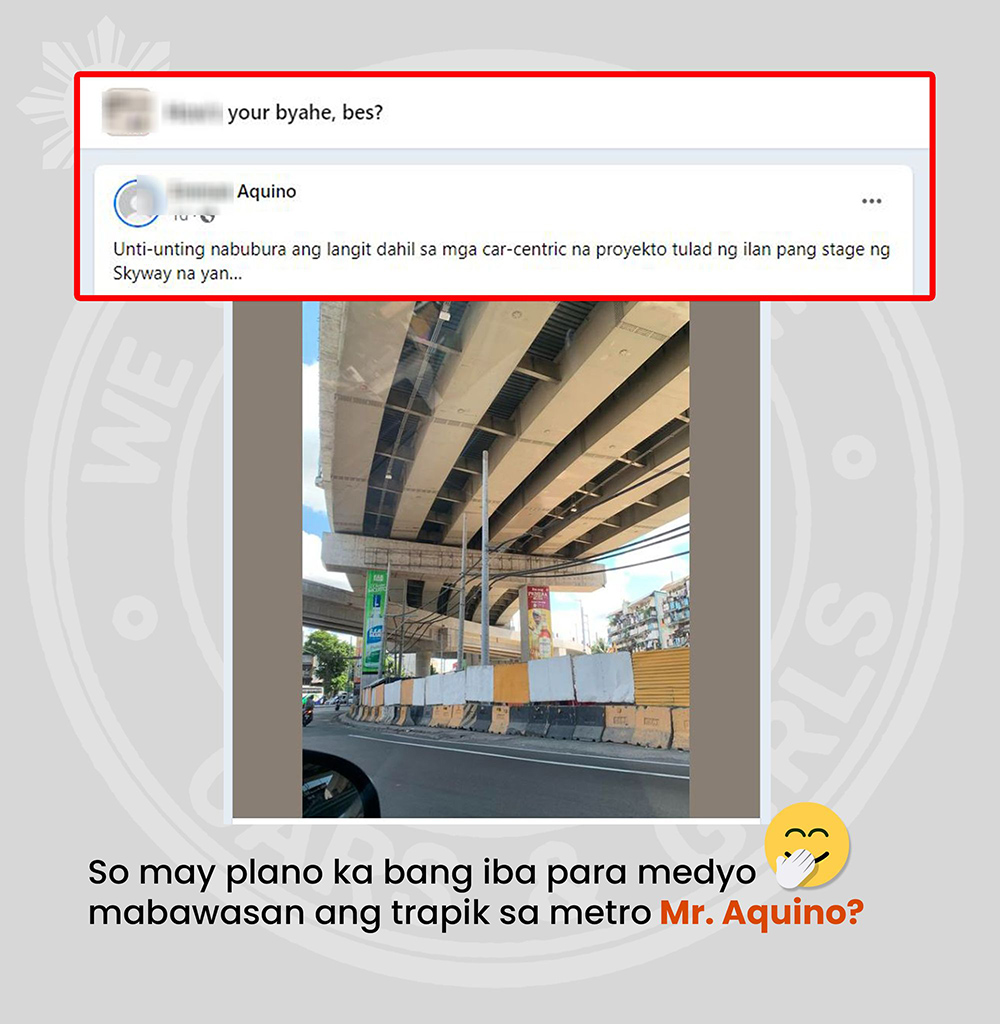
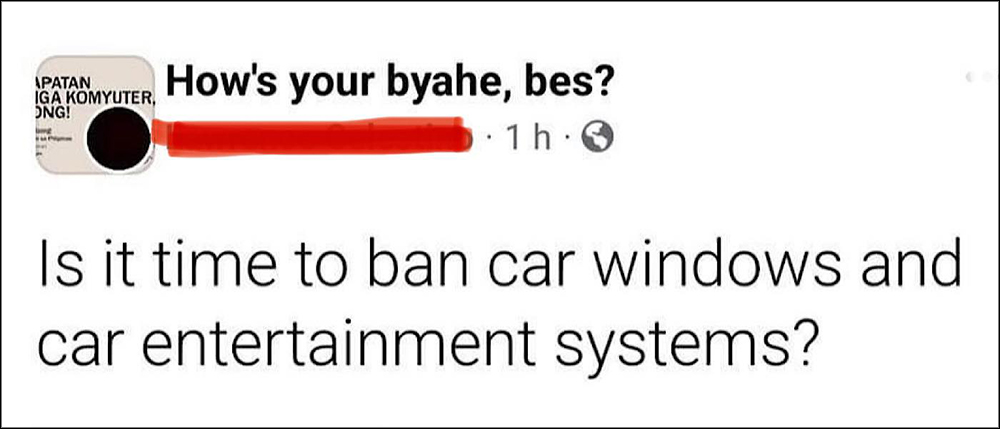
Recently, tensions have risen surrounding HYBB as some of its posts began catching the attention of motoring pages. Now, it even has an impostor that exists just to ridicule it. What’s with this group that preaches cars are evil and motorists are psychopaths? To the average person, these posts may come off as shocking nonsense. And even my old self would have been weirded out. So, what’s the deal with HYBB? Why are its members so angry?
It’s plain as day that commuting in Metro Manila has always been a miserable experience. But the suspension of public transportation during the pandemic lockdowns really left commuters desperate. So, the surge in membership was not unexpected, and with that, more and more people became aware of its advocacy of “move people, not cars.” To better understand it, allow me to give some context.
The reason why the Philippine transportation system—especially in Metro Manila—is as bad as it is now, is because active mobility (walking and cycling) and mass transit are severely neglected in favor of private-vehicle usage. Given a choice, people would rather drive because a car is the most convenient and most comfortable mode of transport. However, it is also the least sustainable because it occupies a lot of space, emits pollution, and endangers others. And according to an SWS survey, only 6% of Filipino households actually have access to one as of April 2022. So, imagine how much worse things would be if more people had access to an automobile.
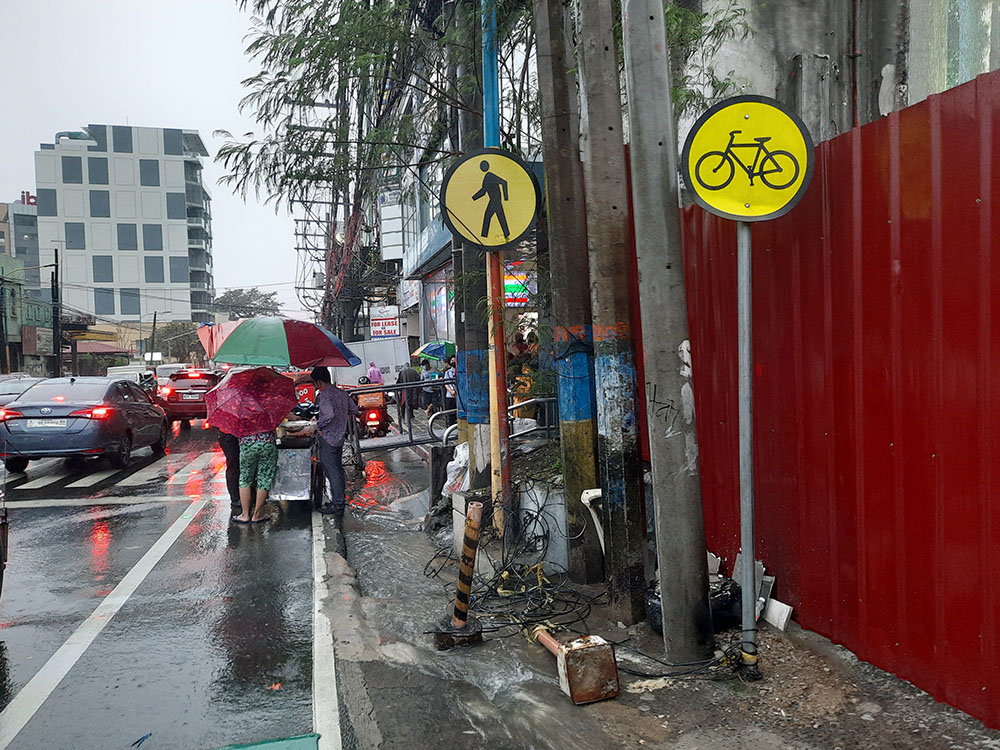
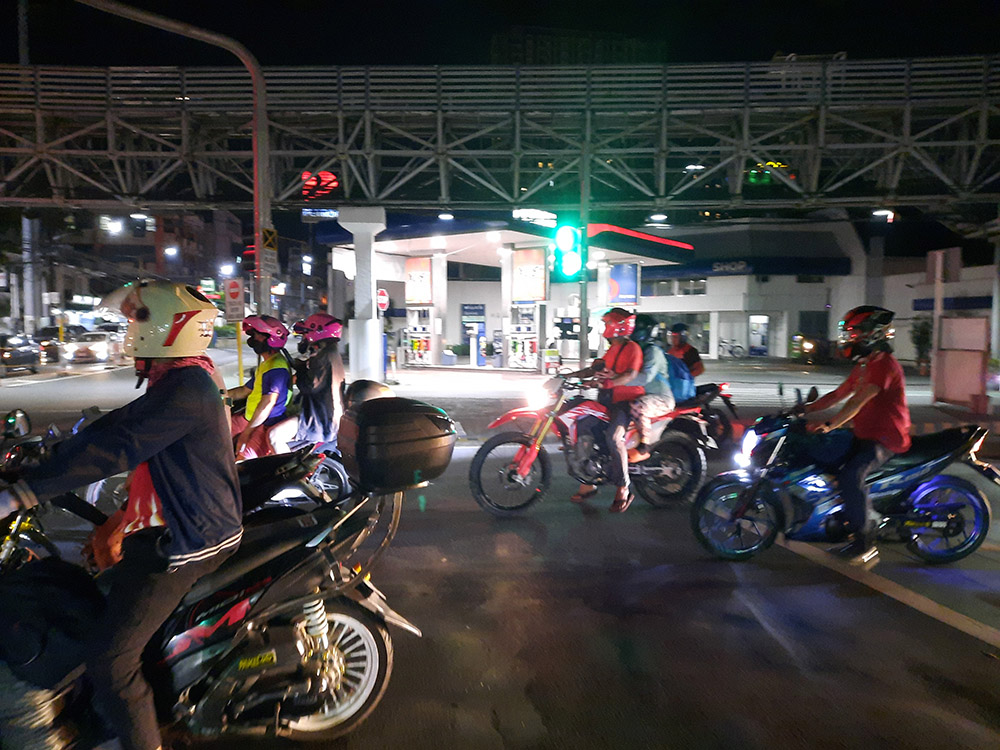
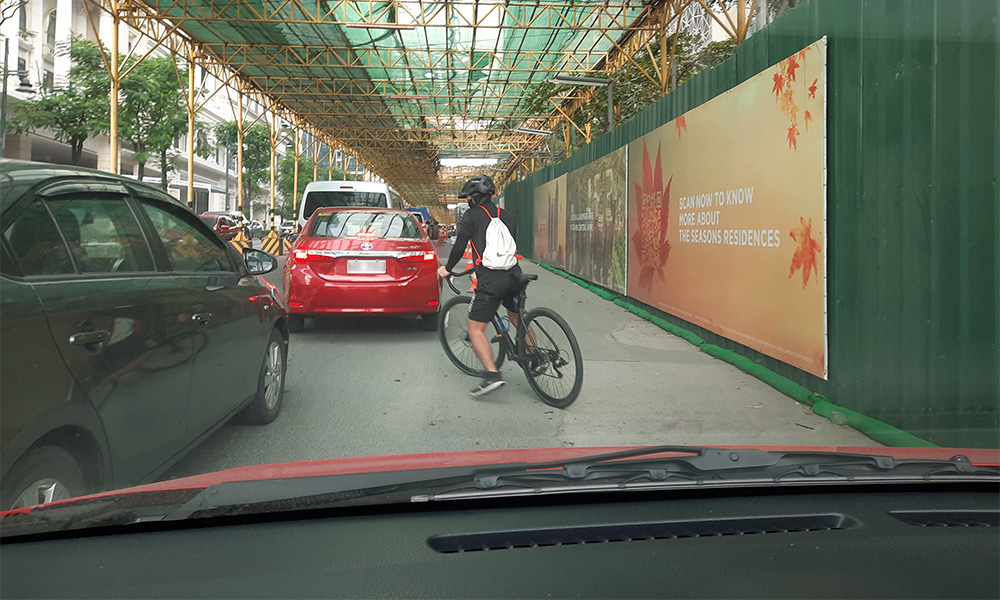
The agenda of HYBB and similar groups is to shift the narrative from promoting car usage to advocating for alternative forms of mobility. With the way things are now, commuters waste hours of their daily lives to get a ride because of highly inefficient public transport; drivers cause traffic because they don’t want to go anywhere without their cars; and active mobility users can’t go on the road without having some life-threatening encounter with motorists.
There is a lot of anger, hatred, and frustration. And you’d feel the same as me if you experienced getting close-passed by a speeding car. I acknowledge that there is a need for a safe space for people to vent. Yet, remaining bitter and lashing out doesn’t help anyone. Regardless of how you get around, it won’t make the roads safer nor will it educate people.
Motorists aren’t going to be more considerate toward cyclists and pedestrians if they’re constantly called evil just for driving a car. Judging leisure and athletic cyclists for not biking to work is just self-righteousness. Labeling those who disagree as “car apologists” is only going to turn them away. On the other hand, calling pedestrians pasaway for crossing the street and labeling riders jempoy or kamote just because they’re on a bicycle or a motorcycle isn’t any better.
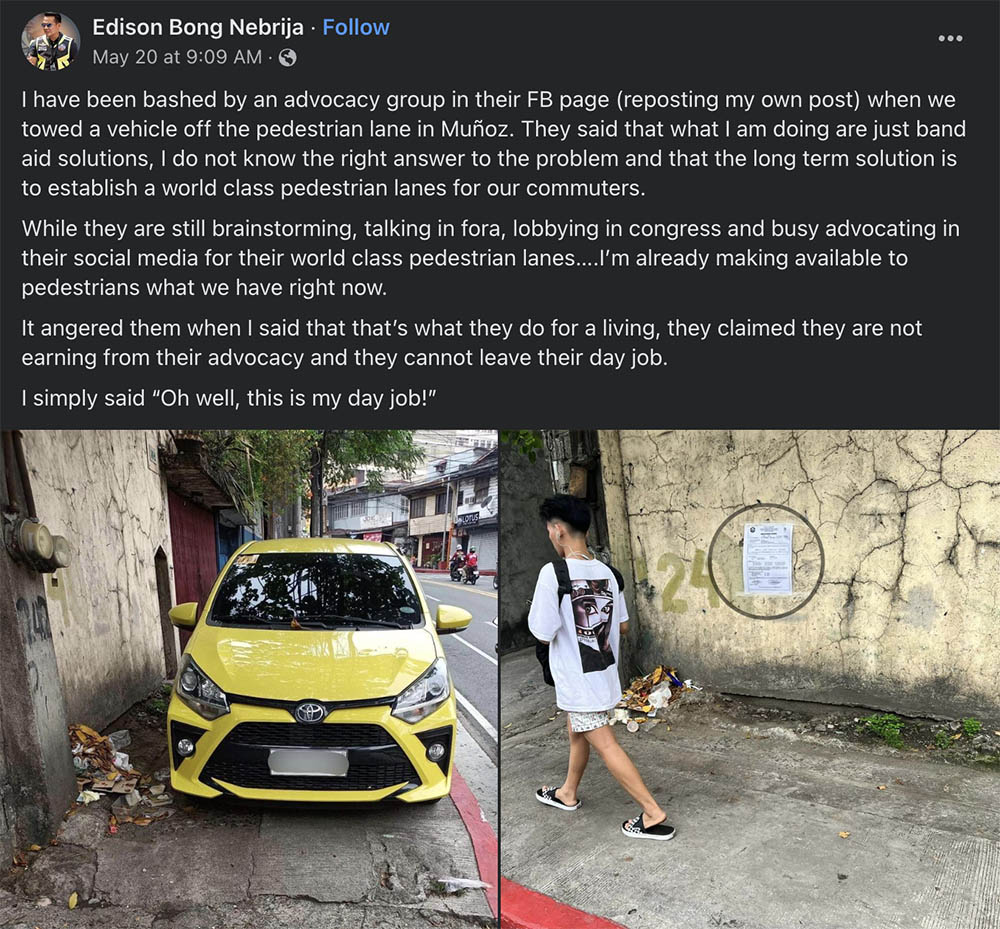
If there is anything we could learn from last year’s elections, it’s that any cause—no matter how good or noble it may be—can be hindered by rabid fanatics. People have free will and a mind of their own, so they can’t be forced to understand or agree with you—reasoning is the only way. And if they don’t want to listen, there’s no need to attack them.
Like it or not, people choose driving because they want its benefits, and we have to respect that. They, too, are victims of a highly imperfect transport system, and want an escape from that. But at the same time, we can’t ignore the negative consequences of motoring, mainly traffic congestion, pollution, and road crashes.
Cars aren’t inherently evil, and there are times when they really are the best mode of transport. It just so happens that isn’t applicable to most of the population who can’t even afford them. If everyone is forced to depend on private vehicles, then those who need them the most won’t be able to fully benefit from them. Also, road-based public transportation such as buses and jeepneys will suffer.
At the same time, there are too many drivers that are a menace behind the wheel. And you might not even realize you’re one of them. It’s the seemingly little things like speeding, not stopping at pedestrian crossings, blocking the sidewalk or the bike lane, or close-passing bikers that make walking and cycling so life-threatening (when they shouldn’t be). I’m not saying those outside a car can do no wrong. It’s just that no matter how responsible you can be, all it takes is one reckless driver to maim or even kill you.
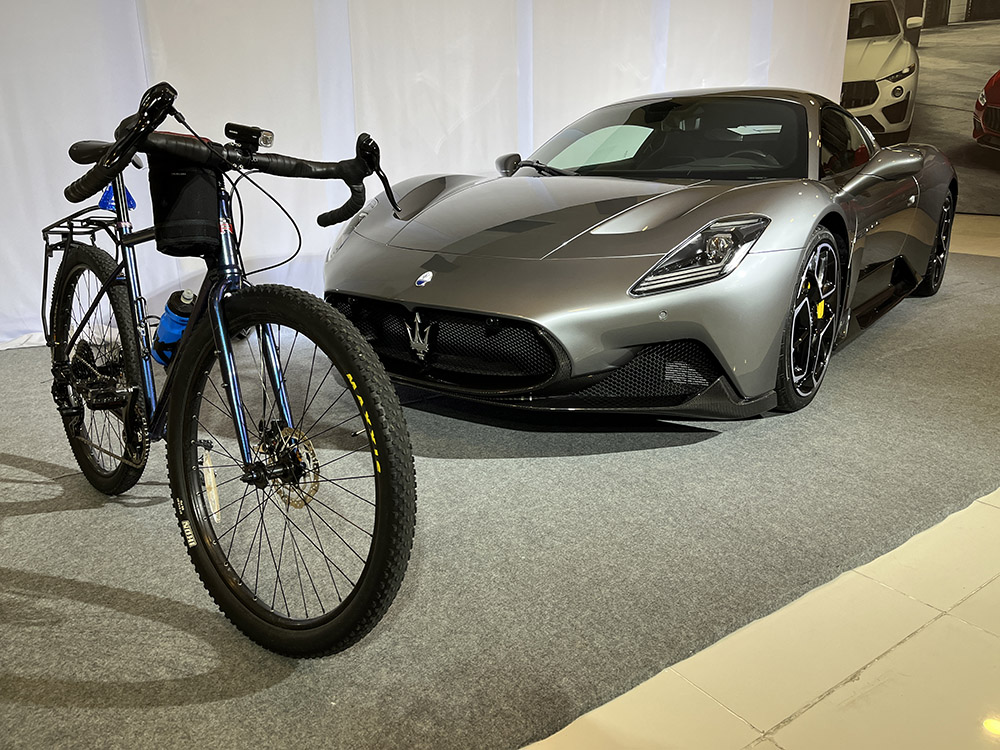
So, what’s my point? We shouldn’t demonize motorists, but we also can’t ignore the plight of commuters and the dangers active mobility users are exposed to. Mobility is a highly complicated matter, and sarcastic one-liners aren’t enough to sufficiently explain the intricacies of what different road users go through.
While you’re free to say what you want on social media, don’t expect people to listen if you’re just looking for a fight. And don’t expect them to respect your opinion either, no matter how right you may be.

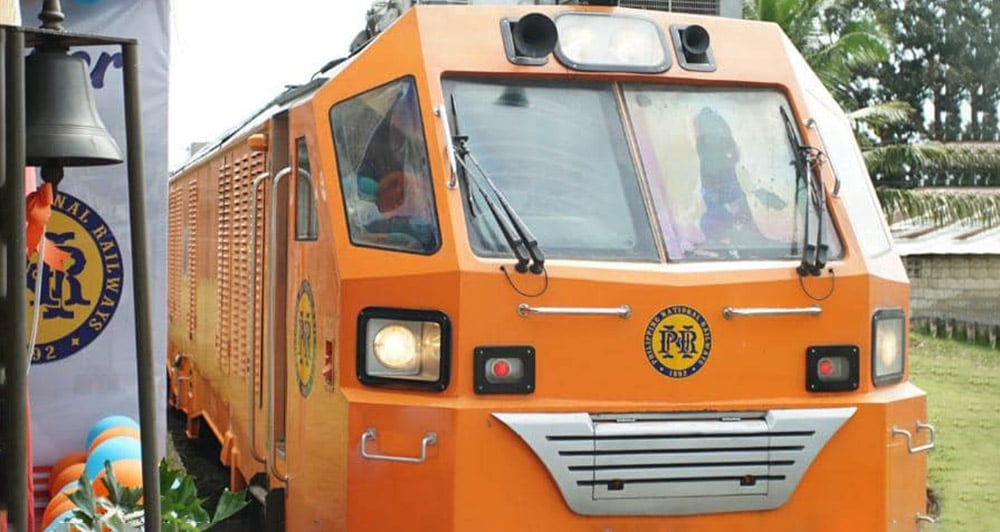
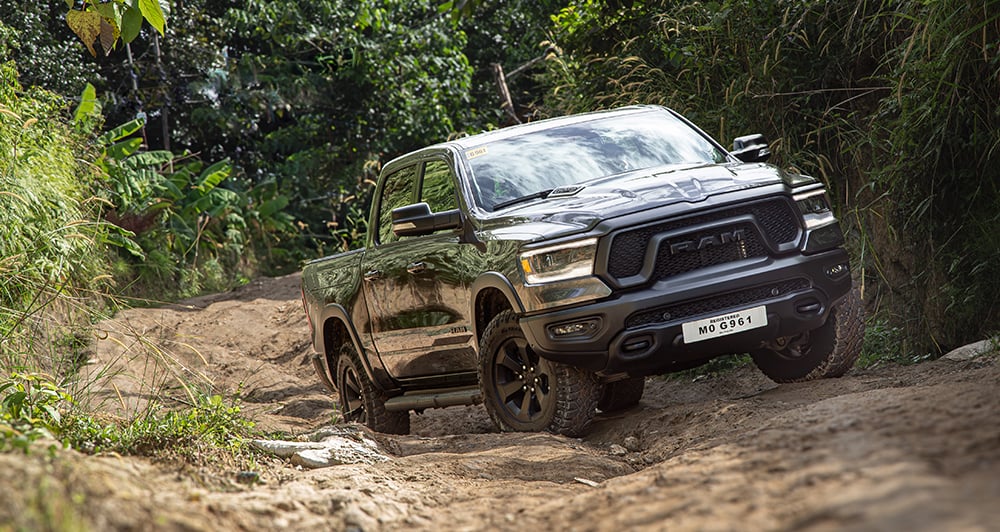
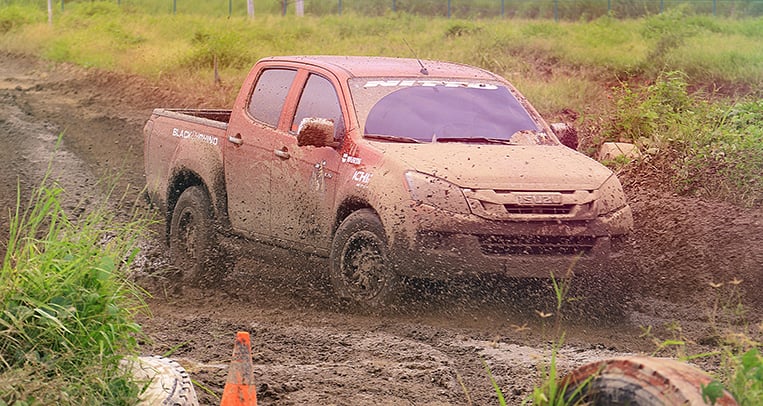
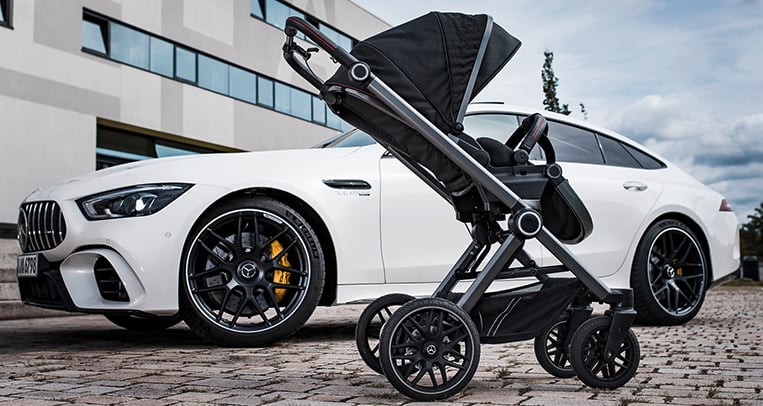
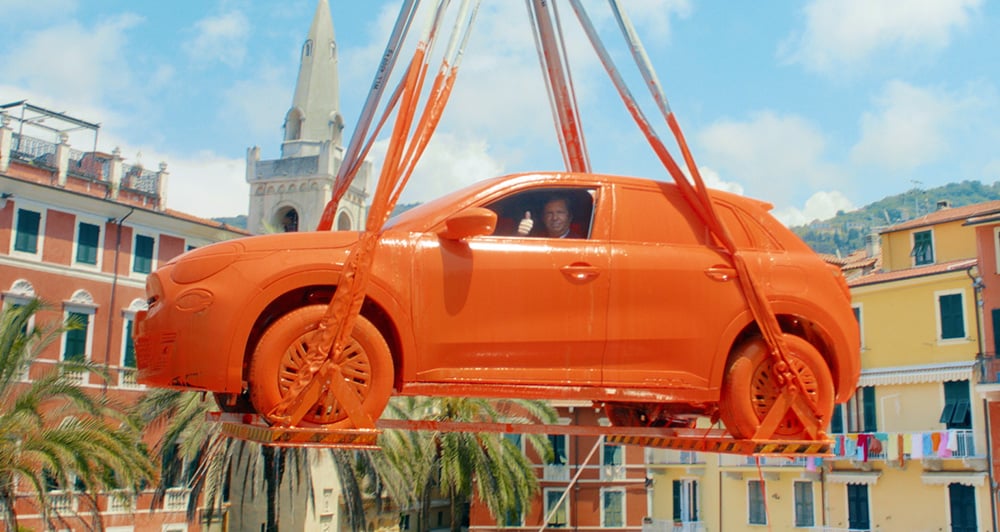
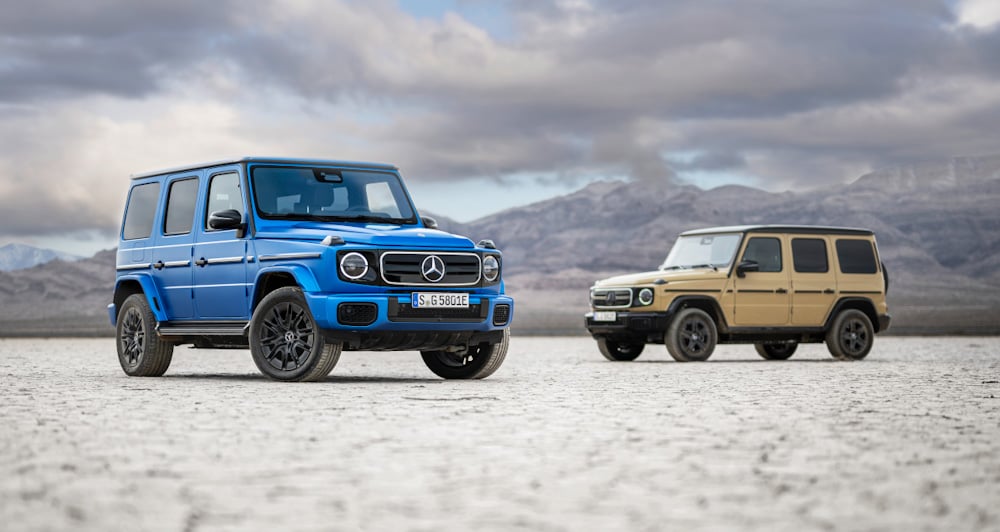
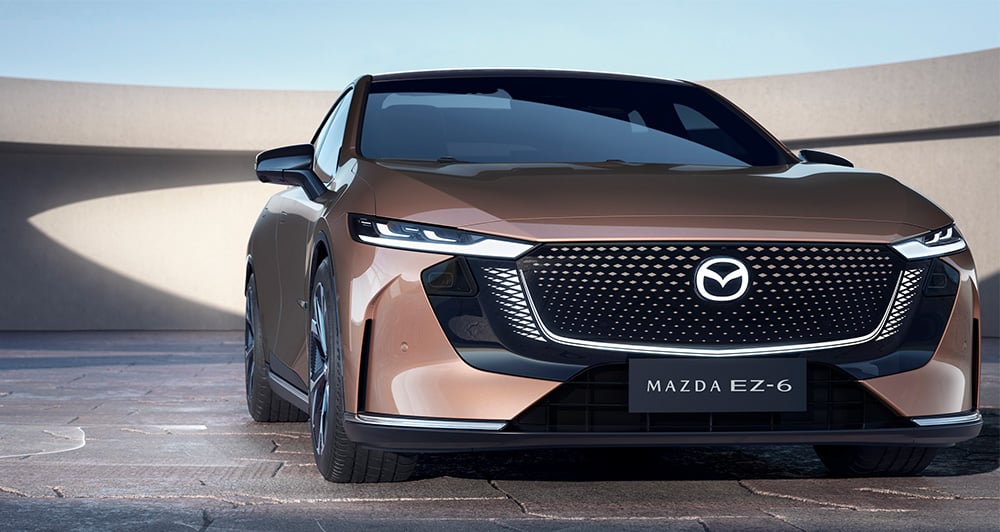
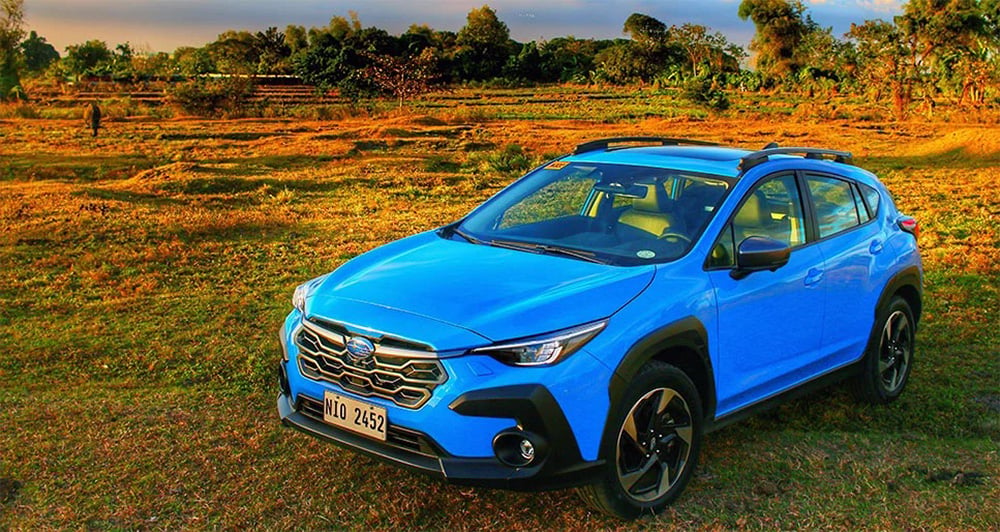
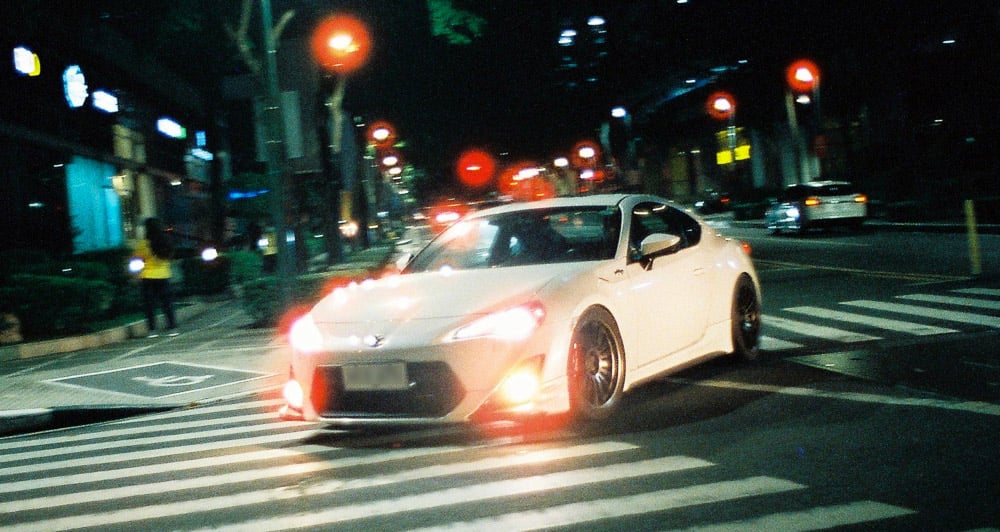
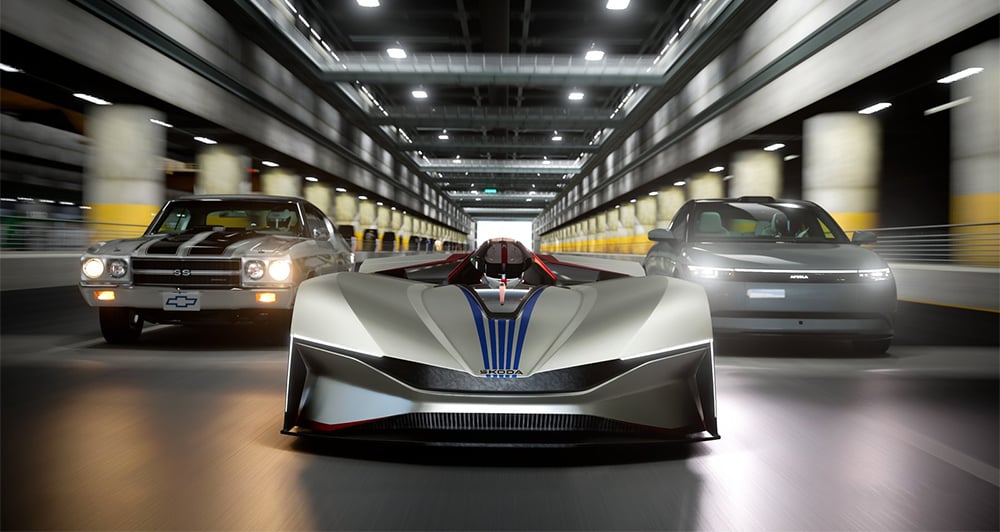
Comments